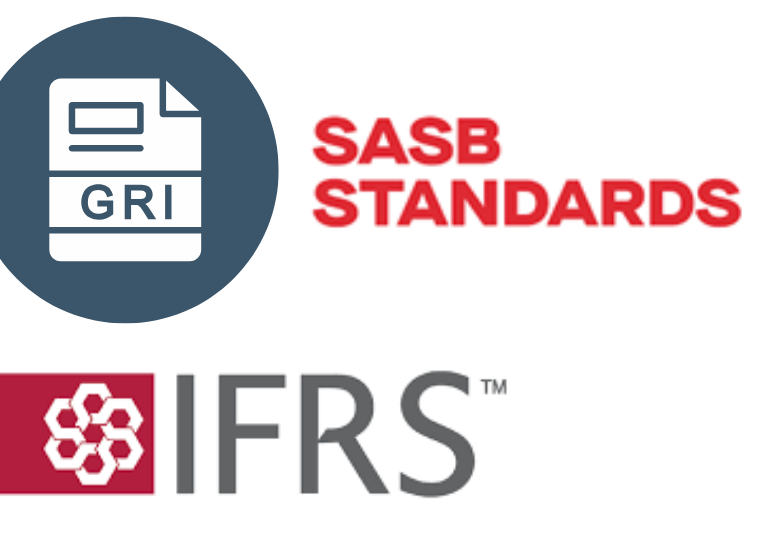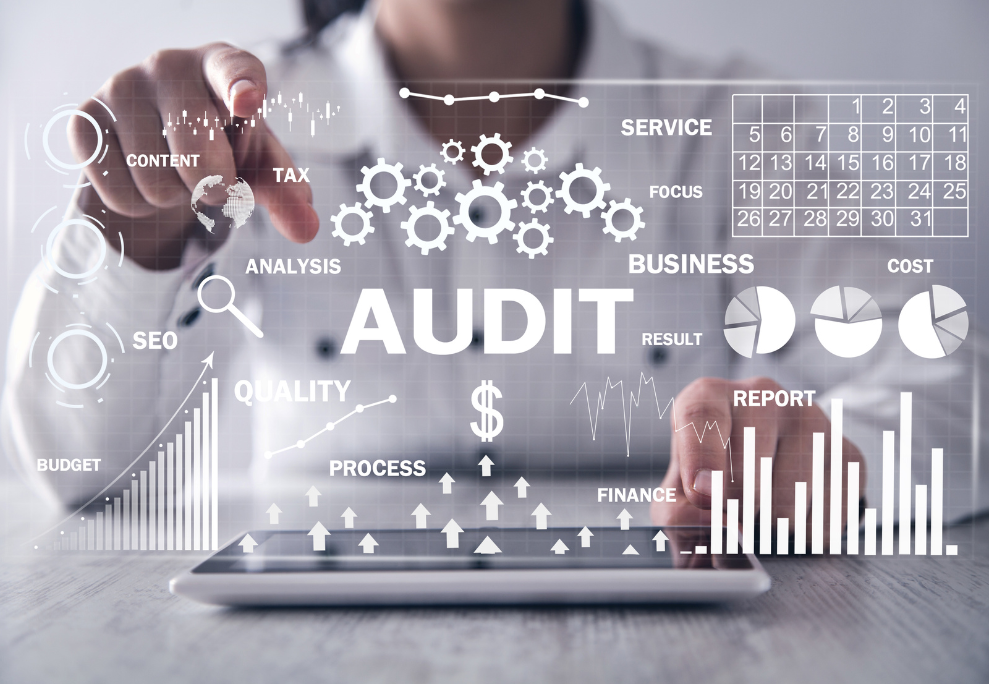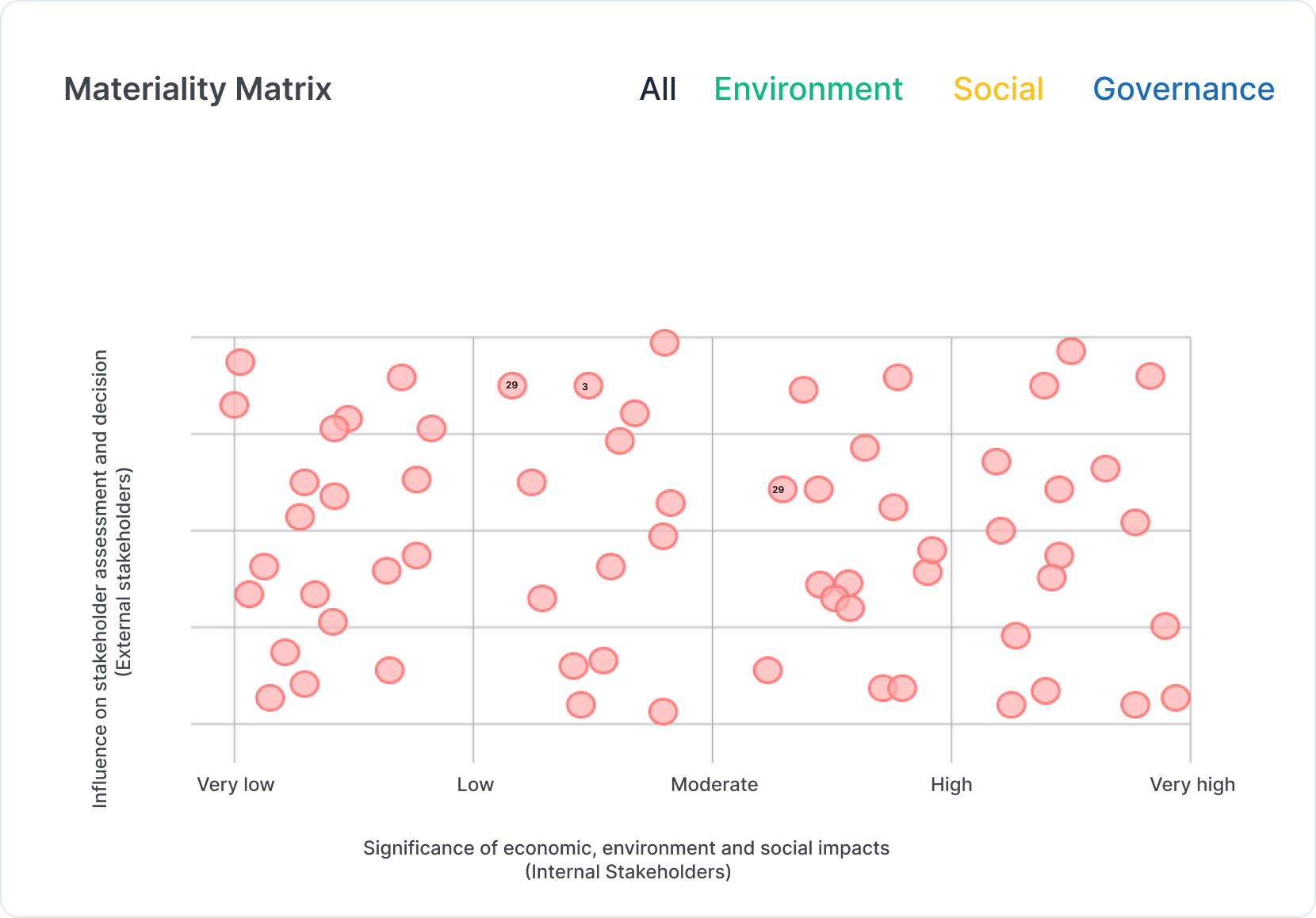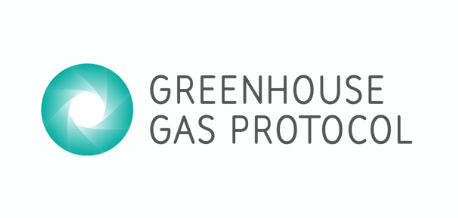Simplify ESG Reporting. Amplify Impact.
Turn complex disclosures into actionable insights—aligned with global standards, powered by automation, and ready for every stakeholder.
What would you like to manage?
Speed up your reporting with ease
Aligning Business with Global Goals
Connect business strategies with Sustainable Development Goals for impactful progress and measurable outcomes.

Meeting Global ESG Reporting Standards
Ensure full compliance with GRI, SASB, and other ESG standards for credible, global reporting.

Aligning ESG with Business Goals
Seamlessly integrate ESG initiatives into core business strategies for sustainable growth and performance.

Validating ESG Data Accuracy
Provide third-party assurance to verify ESG reports for transparency, trust, and accountability.

Effortless ESG Report Creation
Automatically generate comprehensive, customizable ESG reports to meet regulatory and stakeholder requirements.

Say no to manual reporting
Evaluate ESG factors from both financial and environmental/social perspectives to ensure holistic risk management. Identify and prioritize issues impacting both stakeholders and long-term business value.
Measure both qualitative and quantitative aspects of ESG performance to provide a comprehensive view of business impact. Track key metrics and insights for informed decision-making and performance evaluation.


